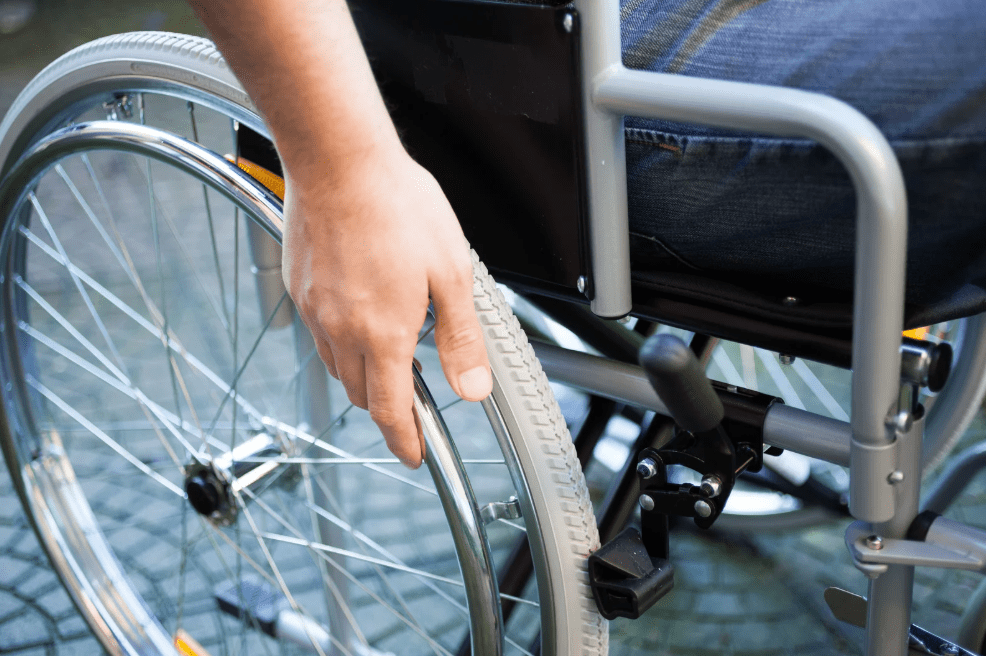Table Of Contents
There are approximately 10,000 female veterans in the state of Maine. It is believed that a majority of them either don’t know or are ignoring their veteran status and the benefits that come along with it. In order to spread the word to that demographic, the Volunteers of America sponsored simultaneous conferences last week called “After the Uniform: Responding to America’s Women Warriors.”
One thought is that our military was made up of mostly men for decades and decades. As a result military organizations, including those charged with helping veterans transition from the military back into civilian life, have been mostly focusing on programs geared toward men. Only recently has more and more attention been given to similarly situated women. Organizations are sprouting up that focus on issues that are maybe more germane to female veterans. An example of such a group is Service Women’s Action Network, or SWAN. Since its recent inception, it has tackled such issues as military sexual violence, women in combat and reproductive health care.
La Rhonda Harris is a woman veterans program manager with the VA in Maine. She has said that “a lot of women don’t trust the VA because they were let down by their Department of Defense… They went to their supervisors and commanding officers with issues and were ignored. Why would they go to the VA?”
U.S. Air Force veteran Terry Moore is a women veterans advocate serving on the Maine Veterans’ Homes board of trustees. She believes that many women avoid seeking services because they are worried they will be labeled as having something wrong with them. Unfortunately many of the conditions affecting women such as military sexual trauma or PTSD, fairly or not, labels them as victims.
This is in no way limited to just Maine. Recently I spoke as part of a panel to a group of advocates about just the basics of veterans’ advocate. One female advocate asked us if we were seeing an increasing amount of females that are seeking compensation benefits from the VA. I told her that out of a couple hundred clients, no more than maybe 15% of my client base are females. This is not because I do not think that there are a lot out there, but instead because I think some of the points made above may be true. Women are just as susceptible as men to injury and or disease, and just as deserving of benefits.
If you are a female veteran or you know one that may otherwise have been reluctant to seek benefits thus far, please contact an experienced advocate at Veterans Help Group to see what options may be available.

How Long Does It Take for My VA Disability Rating to Become Permanent?
How Long Does It Take for My VA Disability Rating to Become Permanent? Securing your VA disability...

Celebrating 250 Years of the U.S. Army
Celebrating 250 Years of the U.S. Army If it feels like the U.S. Army has always been there,...

THE DIFFERENCE BETWEEN 100% FOR UNEMPLOYABILITY AND 100% DISABILITY RATING
THE DIFFERENCE BETWEEN 100% FOR UNEMPLOYABILITY AND 100% DISABILITY RATING In general, neither the...





